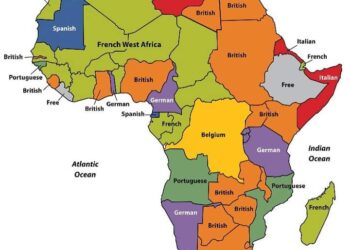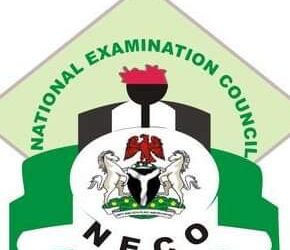Renowned economists and academics Tuesday proffered strategies for the federal government to sustain the path of economic growth that had so far been gained since it overcame the 2016 recession.
These economics experts spoke at the 2019 Annual Conference, organised by the Lagos State University (LASU), Faculty of Management Sciences, holding from April 1 to April 3, with the theme, “Strategies for Managing and Sustaining the Nigerian Economic Growth: Public and Private Sector Perspective”.
Former chairman, AIICO Insurance Plc and Keynote Speaker at the conference, Mr Bukola Oluwadiya, said that one of the key lessons of the 2016 recession was the need to break the country’s heavy dependence on oil.
“I know that this is easier said than done and in my view, our government and policy makers tend to downplay this issue.
“A review of our economic data tends to suggest that our economy is becoming more diversified and less-reliant on oil but I am not fully convinced because any little shock in the prices of crude oil has immediate impact on our economy,’’ he said.
He said that the recession of 2016 was among other causes, generally attributed to the fall in crude oil prices from $114bn to $35bn with very significant effects.
Oluwadiya stated that the strategic priorities for executing the country’s economic recovery and growth plan should be grouped into five main categories, which included stabilising the macro-economic environment.
He also mentioned, achieving agricultural and food security, ensuring energy sufficiency, improving transportation infrastructure and driving industrialisation with a focus on small and medium-size enterprise.
Guest Speaker and former vice chancellor, Ladoke Akintola University, Ogbomoso, Professor Nassar Lanrewaju, said the bottom-top approach was the best strategy to manage the current Nigerian economy because it included people from the grassroots.
Lanrewaju, represented by Professor Kolawole Subair, Global Research Fellow, Centre for Entrepreneurship and Sustainable Development, Indiana University, USA, said in most emerging economies, the Small and Medium Enterprises (SMEs) tend to stimulate growth.
“It is not a matter of exporting crude oil or cocoa, which will only earn us foreign exchange that leaped the economy forward in the short run. So we must think of the long run.
“The only way we can manage the economy in the long run and sustain it, is to make sure that the lots of people at the grassroots is improved,’’ he said.
The second guest speaker and former vice chancellor, Usmanu Danfodiyo University, Sokoto, said an ideal economic system protects the citizen’s right and accessibility to basic necessities, such as food, shelter, health, education and employment, among others.
Aminu listed the features of an ideal system to include good governance; rule of law; accountability and transparency.
He further listed efficient and effective utilisation of public and private assets, including loans, income from taxes and fines, demands and profits as good for the economy.
He said a government of an ideal economy would, among others, control inflation; invest in infrastructure; efficiently manage revenue collection; and disbursement system and fight against corruption.
He said private sectors in an ideal economy must also strategise to boost economic growth through research and development partnership, skills transfer, investment in infrastructure and ICT, support and linkages with SME’s employment generation.
Vice chancellor, LASU, Professor Olanrewaju Fagbohun, in his address, said the theme of the conference was of great relevance and topical to the current economic recovery programme of Nigeria.
Fagbohun, represented by Prof. Oyedamola Oke, deputy vice chancellor (administration), said the conference was an avenue for academics and professionals in the public and private sectors to have robust discussion on contemporary issues.
“It is expected that the papers being presented will cover diverse areas of management and social sciences, technology, agriculture, history and natural sciences to address the economy, as well as social, scientific, technological and political problems that have impeded sustainable economic growth,’’ he said.



